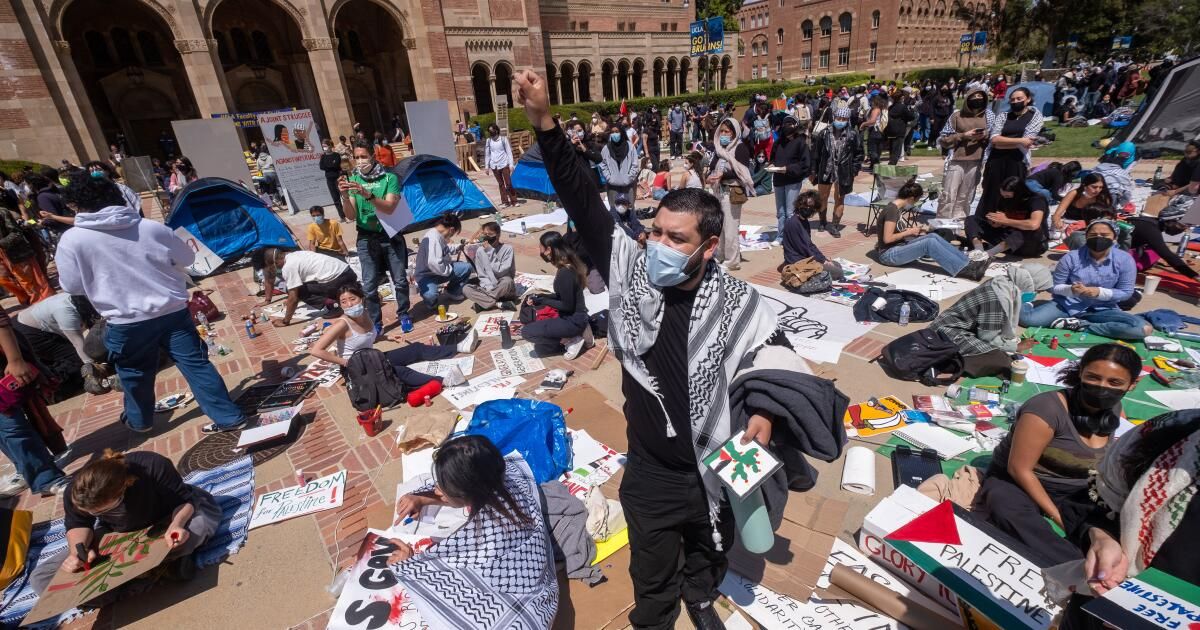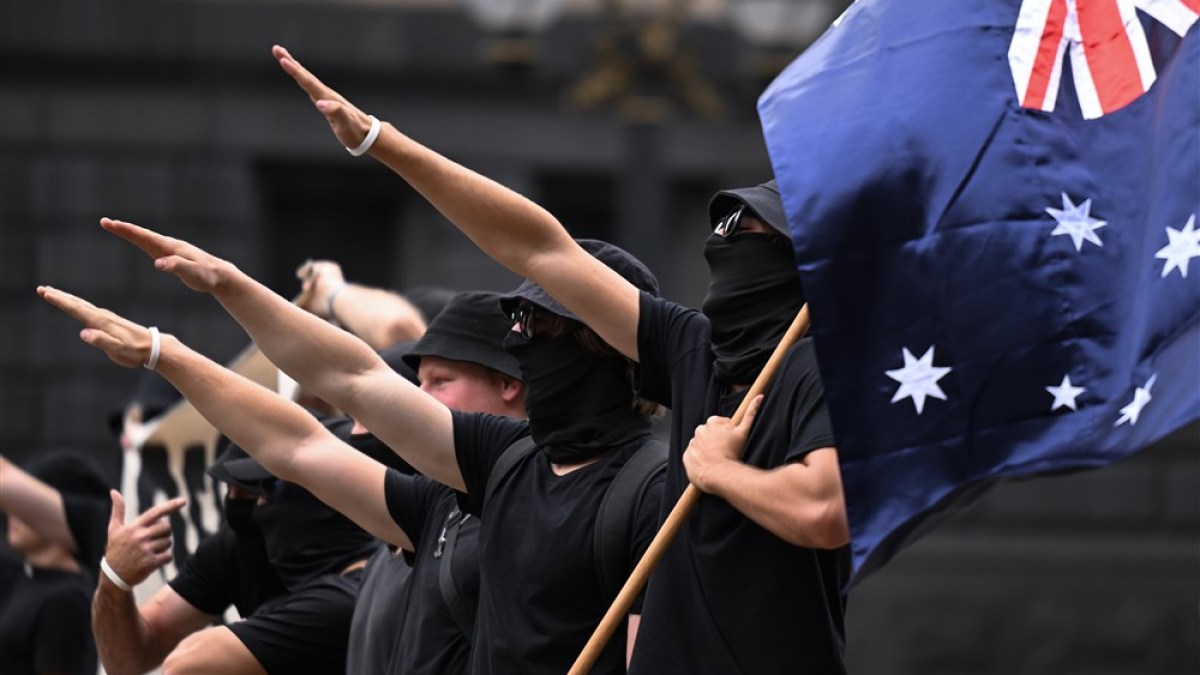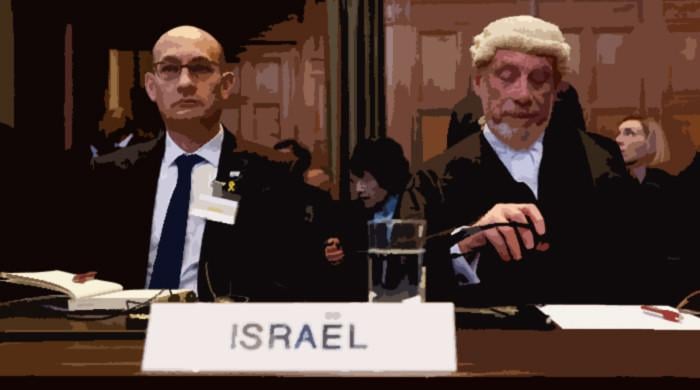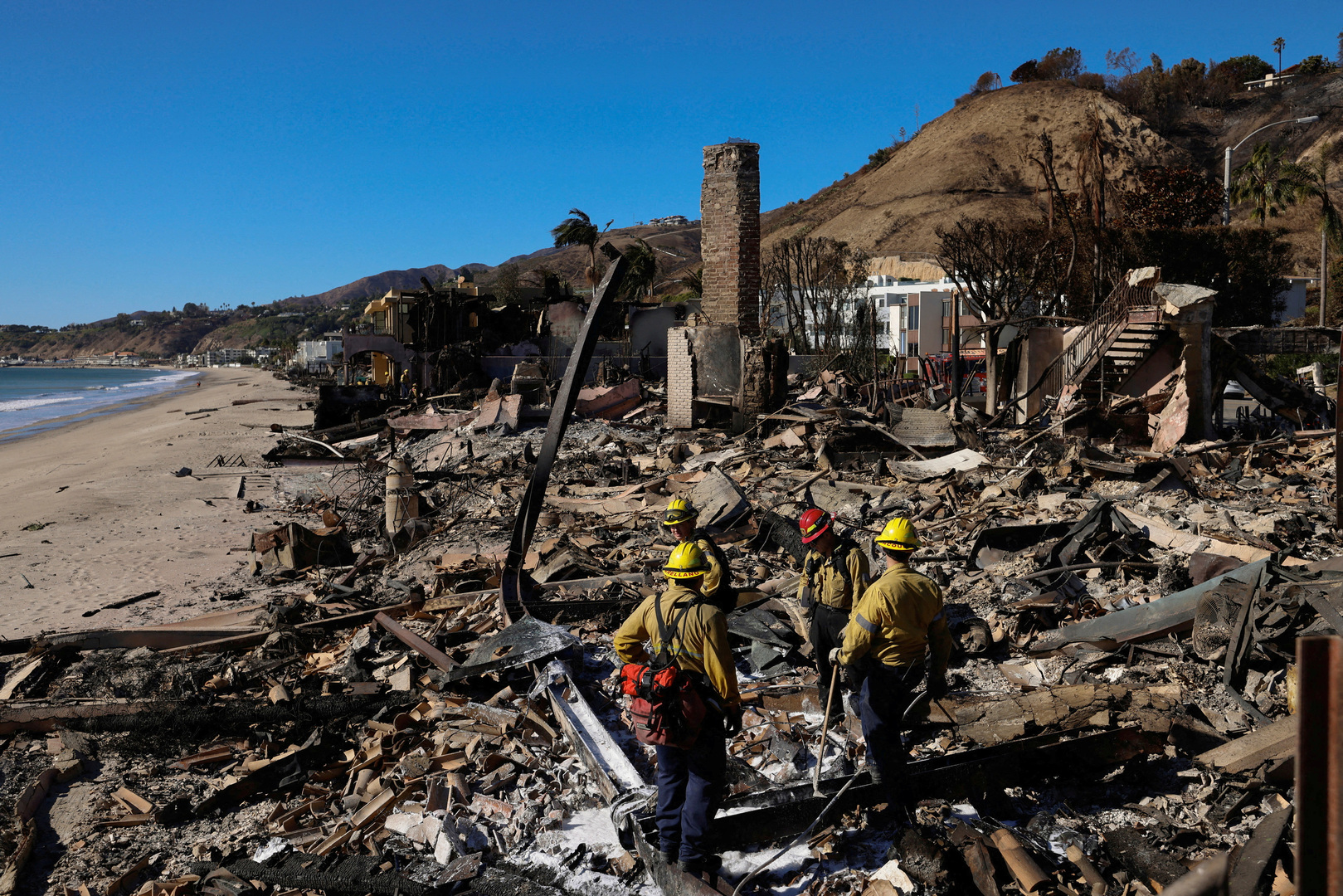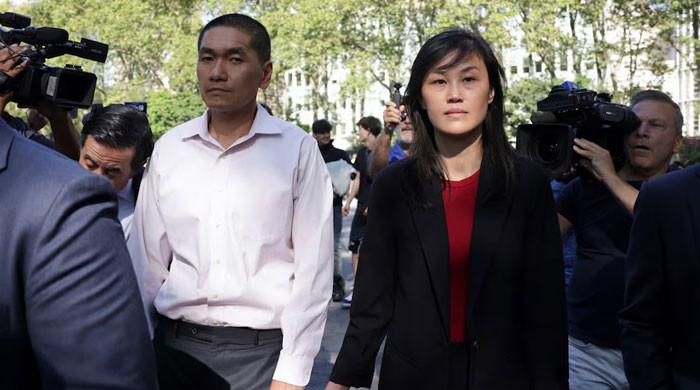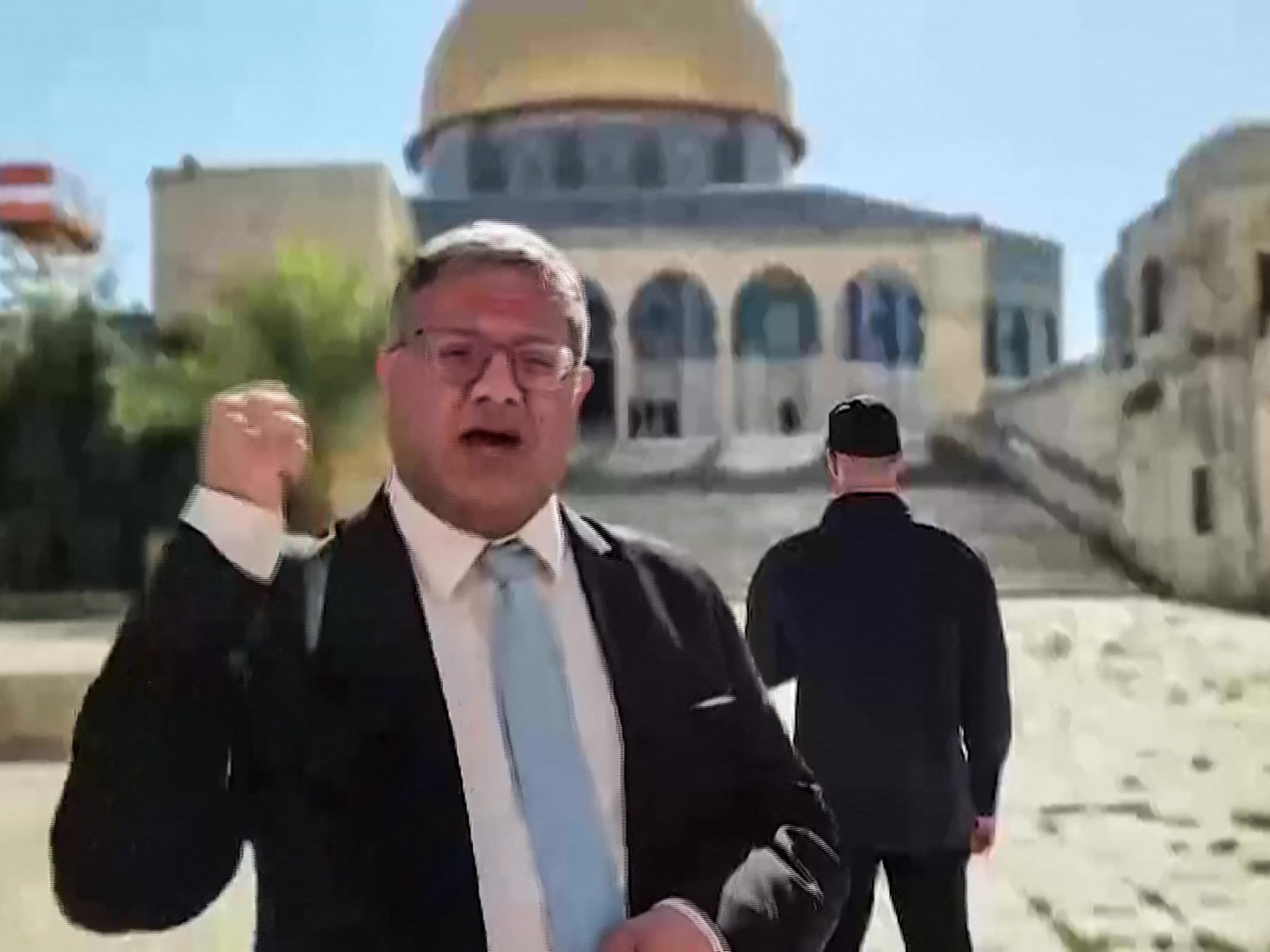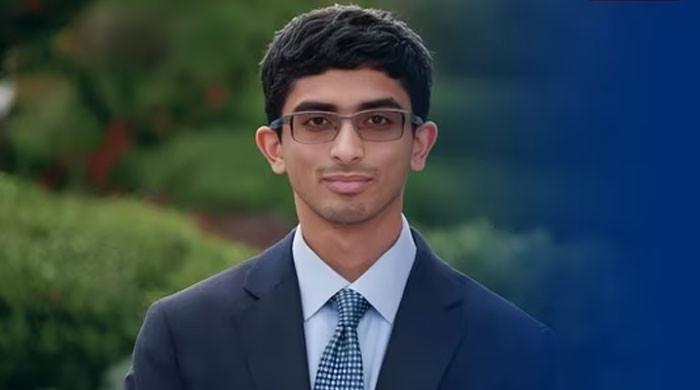At California universities on Monday, the ceasefire in Gaza – and the resulting exchange of hostages and prisoners – emerged as a turning point for the future of a student-led protest movement that for two years has shaken universities.
The activism, along with its controversial consequences, continues to resonate as pro-Palestinian organizers and Jewish community leaders reckon with the tumult sparked by Hamas' attack on Israel on October 7, 2023.
For months in 2024, shortly after the start of the deadliest and most destructive war between Israelis and Palestinians in history, college campuses across the United States convulsed in often confrontational protests. Pro-Palestinian demonstrations emerged in the spring of that year with camps where activists demanded changes in university policies, including the divestment of billions of dollars from arms companies by American universities.
On this front, his activism largely failed. In California, no major university accepted demands for complete divestment, which included boycotts of partnerships with Israeli universities. And campus policies did change: University officials cracked down on protests and implemented zero-tolerance policies against rule-breaking.
But David N. Myers, a professor of Jewish history at UCLA, said the student protesters appear to have helped change American opinions about Palestinians and Israel.
“Is the protest movement a failure? Well, if the measure is that universities have cracked down, maybe,” Myers said. “But whether the move is a general trend in American public opinion, I'm not so sure. And that should be a wake-up call for the pro-Israel movement.”
Amid the protests, accusations of anti-Semitism emerged on campuses and Jewish students and faculty protested violations of their civil rights. Their complaints have prompted aggressive investigations by the Trump administration that are at the heart of its goal to reform higher education to adhere to a broad conservative agenda that goes far beyond protecting Jewish communities.
Pro-Palestinian activists vow to continue
In interviews, pro-Palestinian students who participated in last year's camps and this year's protests said the ceasefire was good news, but that it only fulfilled part of what led them to wear campus greens.
“While news of a ceasefire is welcome, nothing fundamentally changes at UCLA or at universities in general,” said Dylan Kupsh, a doctoral student in computer science at UCLA who was part of a camp last year that was attacked by pro-Israel vigilantes.
“Our university is still involved in the oppression of Palestine. Students will not rest until the university divests itself of its investments,” said Kupsh, who has faced student disciplinary proceedings for participating in actions that the university alleges violated campus policies.
Student organizers in California said the ceasefire will infuse new energy into their activism, which has been accused of downplaying the plight of Israeli hostages and being anti-Semitic.
“We can momentarily feel a little bit of happiness, there is at least a momentary end to the genocide,” said Ryan Witt, president of Students for Justice in Palestine at Cal State Channel Islands, which held a protest and vigil on campus in support of Palestinians last week.
“There have been photographs of children in Gaza celebrating. I'm not discounting that. But I also recognize that we have to keep fighting,” said Witt, who is Jewish.
Amanda, a USC student who participated in pro-Palestinian camps, said concerns persist on her campus.
“We see that our school, like all the others, is very worried about being considered anti-Semitic by the government, so they are even stricter about protests and speeches than before,” he said.
Graeme Blair, a political science professor at UCLA, said the climate for pro-Palestinian activism on campuses had worsened, and the government now aggressively treats pro-Palestinian speech as anti-Semitic.
“The Trump administration is using every federal lever, from the Department of Justice to the Department of Education to the Department of State, to stamp out anti-Semitism,” Blair said. “Universities like UCLA, on their own and due to pressure from Trump, continue to arrest, discipline and fire people who speak out.”
For Jews on campus, “a chapter is ending”
Myers, who is Jewish, said the release of the Israeli hostages was as if “the door to a very dark chamber had opened and the light had begun to peek in. At the same time, I can't help but think of the next painting, which is the painting of photographs of Gaza, which is in a state of complete and utter devastation.”
Among pro-Israel Jewish communities at universities across the country, there is also a sense of relief.
Groups of Jewish students had gathered regularly on campuses, including last week, for candlelight vigils, songs and prayer services honoring the living and dead hostages in Gaza and their families, two years after the Oct. 7 attack.
Many Jewish students have ties to Israel, either through visits or through relatives who lived there and knew the victims of the Hamas attack that killed about 1,200 people, mostly civilians, and took approximately 250 hostages. About 20 live hostages returned to Israel this week, while Israel freed about 1,900 Palestinian prisoners. According to the Gaza Health Ministry, more than 67,000 Palestinians died during Israel's war.
Sophia Toubian, a graduate student in information studies at UCLA, said she hoped the release of the hostages was “really the end of a chapter.”
“I hope that it is a lasting peace and that it doesn't start again, and that that translates into our experience here, both at school and in the world.”
Toubian, who is Jewish and pro-Israel, said the pro-Palestinian protest movement had achieved at least some of its goals.
“Every campus building I walk into… without fail, I see something on the wall about Palestine, supporting Palestine,” he said.
“It wasn't there before, and… it's up there in a way, like, 'Yes, of course, we all agree that this is how it should be, and that's why we're going to show our support for this.' In that sense, it feels like a success.”
And yet Gal Cohavy, a UCLA senior and pro-Israel, said the situation in Westwood has improved in recent months.
Cohavy said he hoped the release of the hostages and the cessation of fighting could allow people across the ideological spectrum to find common ground.
“I wouldn't be surprised to see more real conversations, and maybe close the gap between the two sides and see cultural progress,” he said.
In a statement, Ha'Am, a Jewish publication run by UCLA students, said that now “the atmosphere has changed.”
“Since October 7, 2023, Jewish spaces have been places of grief, tranquility, and emotional support for a community in crisis. Today, as we enter those same spaces, the atmosphere has changed. There is a genuine sigh of relief in the air, a collective exhale, and the comforting knowledge that our brothers and sisters on the other side of the world are finally safe once again,” it said.
Lasting consequences among students
While pro-Palestinian and pro-Israeli students expressed approval of events in the Middle East, both have faced lasting consequences from divisions on campus.
Reports of anti-Semitism, as well as anti-Muslim and anti-Arab incidents, have increased on campuses since 2023. Arrests, suspensions and expulsions of students and pro-Palestinian groups have also increased, although the vast majority of Los Angeles students detained by police during last year's protests did not face criminal charges.
At UCLA, two Students for Justice in Palestine groups were banned this year for vandalizing the Brentwood home of a UC Board of Regents member who is Jewish with images that Jewish community leaders said used anti-Semitic tropes.
Among California universities, Stanford suffered one of the most charged episodes.
A group of pro-Palestinian students are facing felony vandalism and trespassing charges after they were accused of breaking into and vandalizing the university president's office during a 2024 protest. This month, a Santa Clara County grand jury indicted the remaining 11 students, moving the case toward trial.
Staff writer Karen García contributed to this report.

